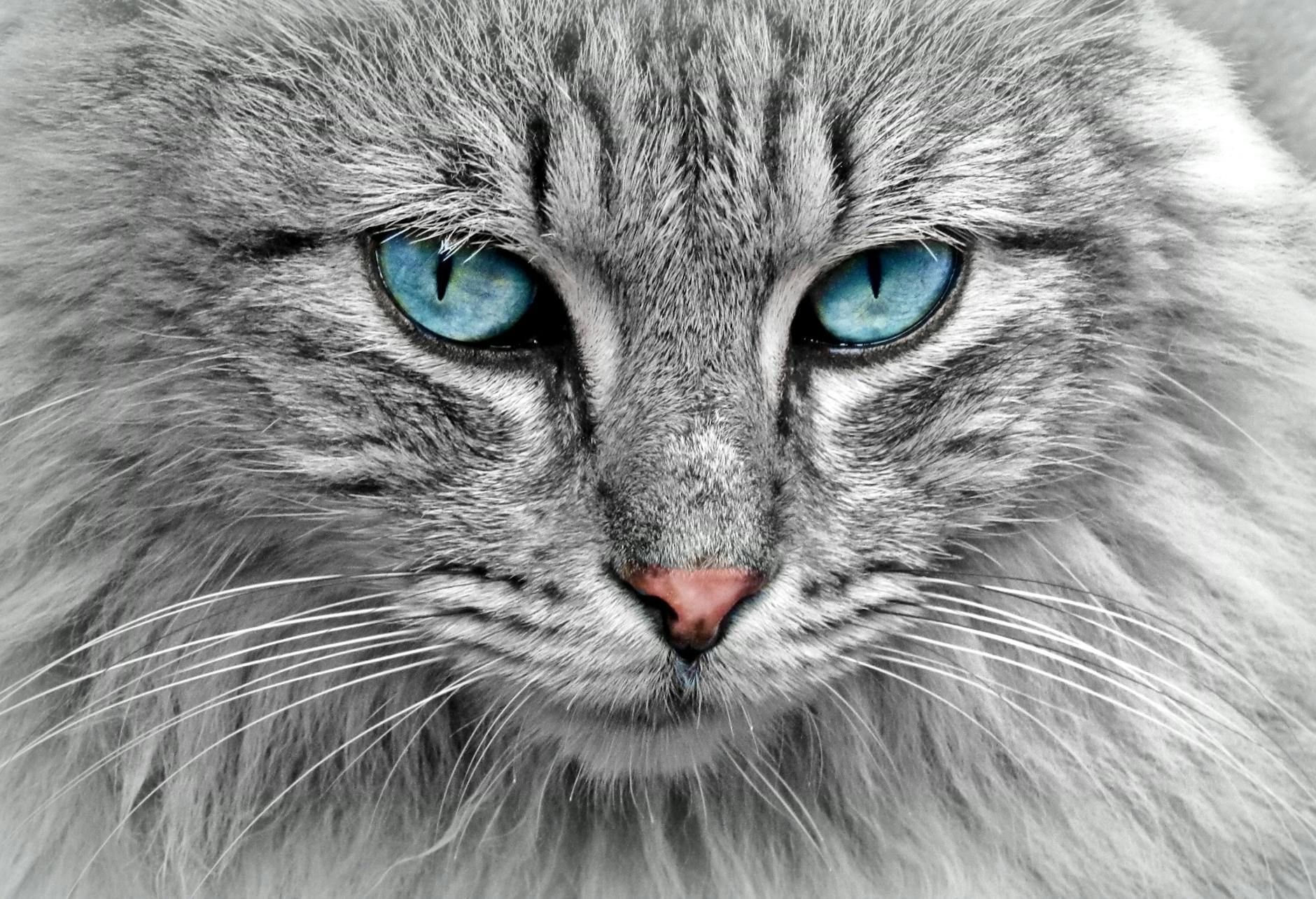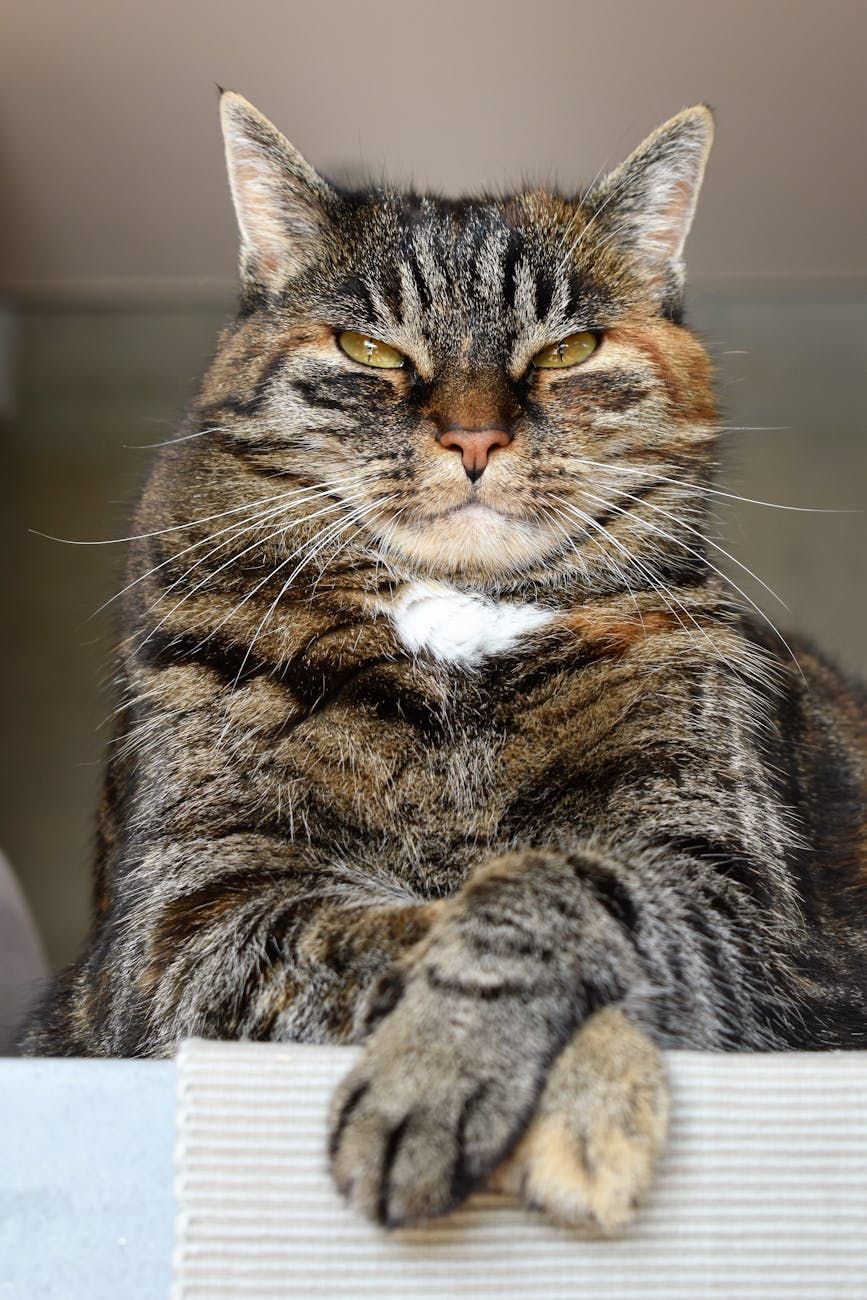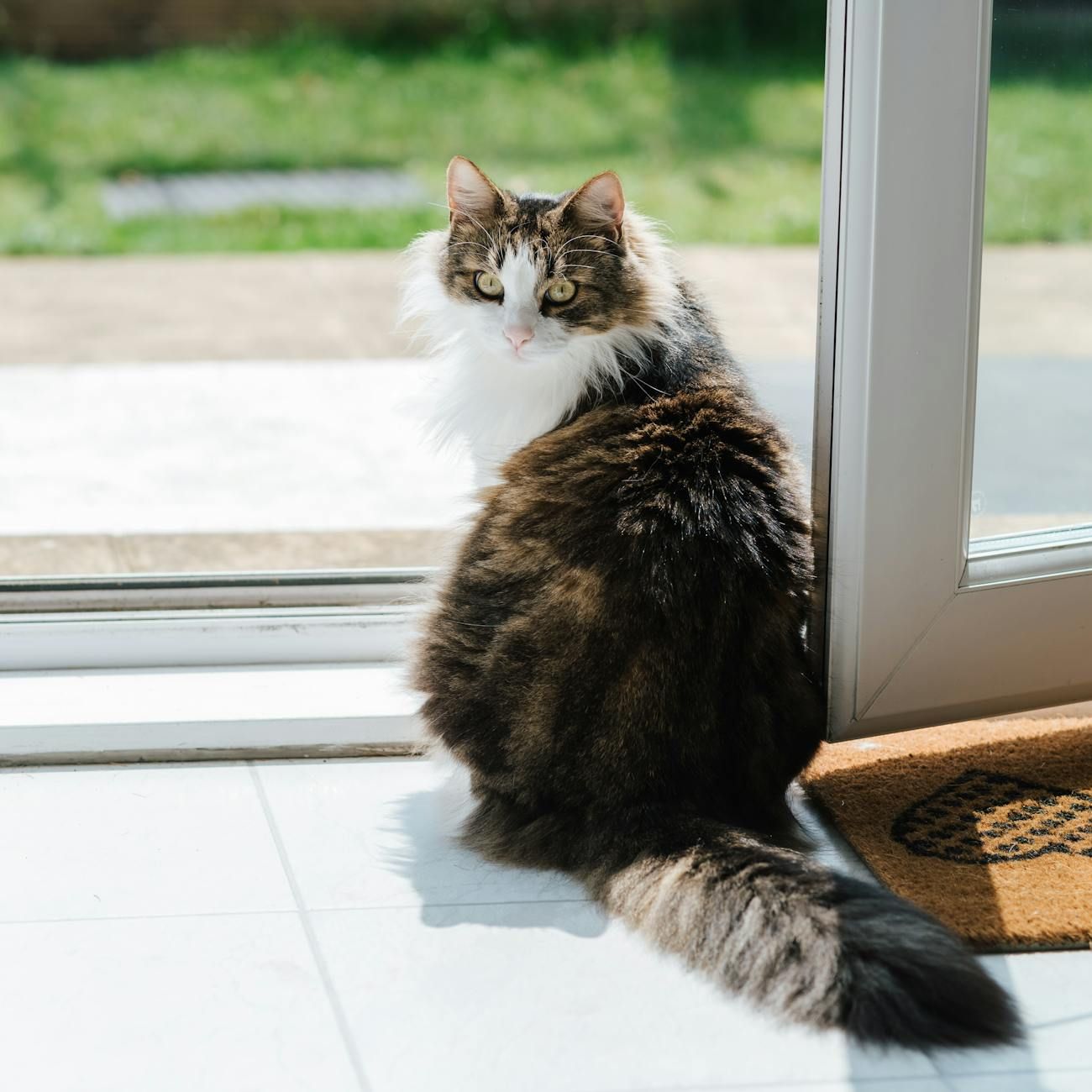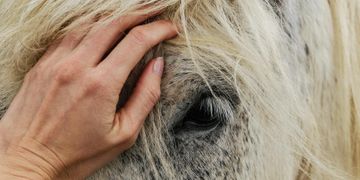How to Properly Care for Senior Cats: Tips for Owners of Older Pets



As beloved feline companions age, they require special care and attention to ensure they remain happy and healthy in their golden years. Senior cats, also known as geriatric felines, have specific needs that owners should address to maintain their well-being. In this article, we'll explore essential tips for properly caring for senior cats, focusing on aspects such as cat health, feline nutrition, mobility, comfort, grooming, regular checkups, and environment adaptation.
1. Cat Health: Regular veterinary checkups are crucial for senior cats to monitor their health status. Older pets are more prone to certain medical conditions such as arthritis, kidney disease, dental issues, and diabetes. By scheduling routine visits with your veterinarian, potential problems can be detected early and managed effectively, promoting a higher quality of life for your aging feline companion.
2. Feline Nutrition: Providing a well-balanced diet is essential for the health and longevity of senior cats. As cats age, their nutritional needs may change, requiring adjustments in their diet. Consult with your veterinarian to ensure your older pet is receiving the appropriate nutrients and calories to support their overall health and address any age-related health concerns.
3. Mobility and Comfort: Senior cats may experience decreased mobility and comfort due to conditions such as arthritis or muscle stiffness. Consider providing additional support such as ramps or stairs to help your cat access their favorite spots with ease. Offering soft bedding and cozy resting areas will also contribute to their comfort and well-being.
4. Grooming: Older cats may have difficulty grooming themselves effectively, especially if they experience arthritis or reduced flexibility. As a responsible cat owner, it's important to assist them in maintaining good hygiene by brushing their fur regularly, trimming their nails, and keeping their coat clean. Grooming sessions also provide an opportunity to check for any changes in their skin or coat that may indicate health issues.
5. Regular Checkups: In addition to routine veterinary visits, senior cats benefit from regular health assessments at home. Keep an eye out for changes in appetite, water intake, litter box usage, behavior, and overall appearance. Any noticeable changes should be promptly reported to your veterinarian for evaluation and appropriate management.
6. Environment Adaptation: As cats age, their environmental needs may evolve. Consider making adjustments to your home to accommodate your senior cat's changing requirements. Ensure litter boxes are easily accessible, provide comfortable perches and hiding spots, and maintain a secure and peaceful environment to support their well-being.
Caring for senior cats requires compassion, patience, and a proactive approach to meet their age-specific needs. By prioritizing cat health, feline nutrition, mobility, comfort, grooming, regular checkups, and environment adaptation, owners can help their older pets enjoy a comfortable and fulfilling life in their senior years.
Remember, the bond between you and your senior cat grows stronger with every act of care and kindness. Cherish these precious moments with your aging feline companion and make their golden years truly golden!





